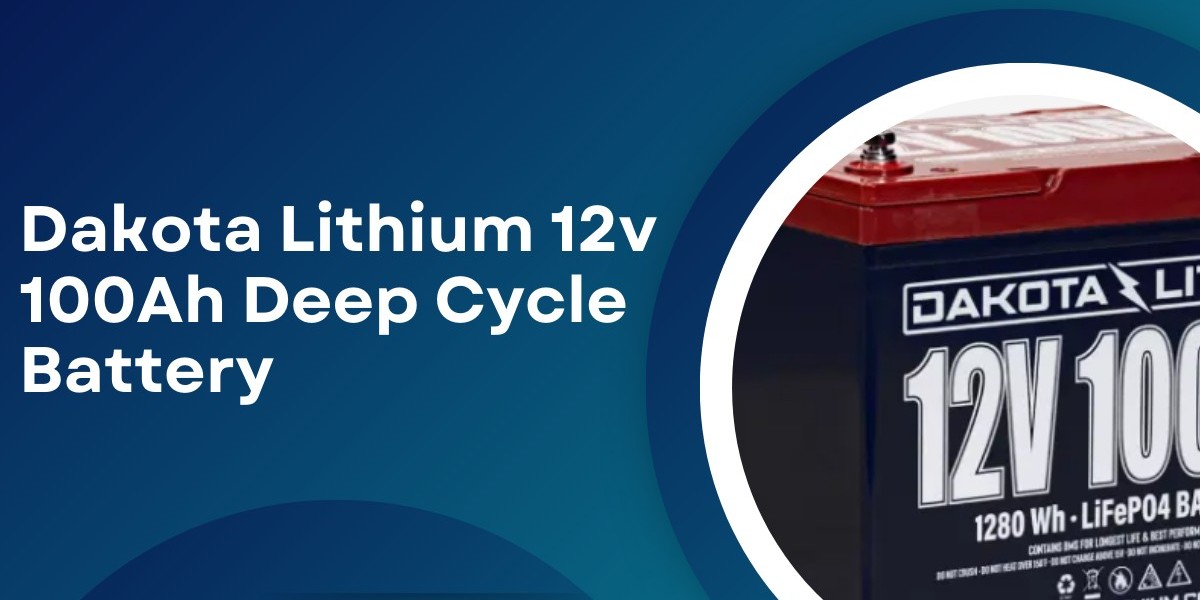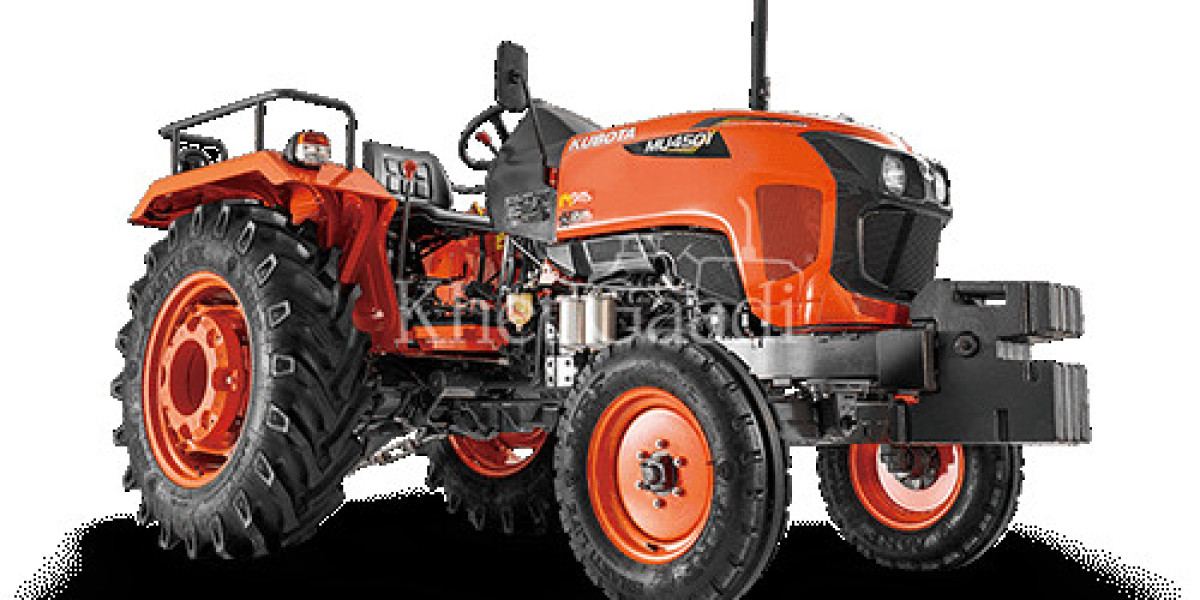Energy storage is vital to many systems, from renewable energy setups to off-grid living. Among the most efficient and reliable tools for energy storage are Deep-Cycle Batteries. These batteries are designed to deliver consistent power over extended periods, making them perfect for applications like solar power systems, marine use, and RVs. This guide provides an in-depth look at Deep-Cycle Batteries, their functionality, applications, and how to maintain them for long-lasting performance.
What Are Deep Cycle Batteries?
Deep Cycle Batteries are rechargeable batteries that provide a steady and consistent energy output over time. Unlike regular car batteries, which deliver short bursts of high power, these batteries are built explicitly for long, sustained discharges.
Key Features of Deep Cycle Batteries:
- Durable Plates: Built to endure multiple charge and discharge cycles.
- Long Lifespan: Designed for deep discharges without compromising their efficiency.
- Energy Efficiency: Ideal for renewable energy storage systems.
Types of Deep Cycle Batteries
Understanding the different types of Deep Cycle Batteries helps you select the right one for your needs.
Lead-Acid Batteries
- Flooded Lead-Acid (FLA): Affordable but requires regular maintenance like water refills.
- Sealed Lead-Acid (SLA): Maintenance-free and spill-proof, suitable for small to medium-scale uses.
Lithium-Ion Batteries
- Advantages: Lightweight, longer lifespan, faster charging.
- Applications: Commonly used in electric vehicles and solar systems.
Gel Batteries
- Durability: Excellent for deep discharges and work in extreme temperatures.
- Limitations: Slightly less efficient compared to lithium-ion options.
Absorbed Glass Mat (AGM) Batteries
- Key Benefits: Spill-proof and vibration-resistant, ideal for marine and RV use.
Applications of Deep Cycle Batteries
These versatile batteries power numerous systems across various industries.
- Solar Energy Systems: A critical component for off-grid and hybrid solar setups.
- Marine Use: Powers trolling motors, navigation systems, and onboard electronics.
- Recreational Vehicles (RVs): Keeps lights, appliances, and other devices running.
- Backup Power Systems: Provides reliable backup during outages.
How to Choose the Best Deep Cycle Battery
Several factors determine the suitability of a Deep Cycle Battery for your needs.
- Capacity: Measured in amp-hours (Ah); higher capacity means longer run time.
- Depth of Discharge (DoD): Indicates how much energy can be used without damaging the battery.
- Cycle Life: Number of charge-discharge cycles the battery can handle.
- Weight and Size: Consider if space and portability are crucial.
How to Extend the Lifespan of Deep Cycle Batteries
Maintaining deep cycle batteries properly can significantly enhance their longevity.
Maintenance Tips:
- Regular Charging: Avoid letting the battery discharge completely.
- Clean Terminals: Prevent corrosion by cleaning and inspecting regularly.
- Temperature Control: Store and operate within recommended temperature ranges.
- Use the Right Charger: Overcharging or undercharging reduces efficiency.
Industry Insights on Deep Cycle Batteries
"Deep Cycle Batteries are evolving to meet the growing demands of renewable energy. Their role in clean energy transitions cannot be understated," says John Doe, an energy storage expert.
FAQs
How often should I charge my deep cycle battery?
- Regular charging after each use helps maintain performance and extends lifespan.
What is the best use case for a deep-cycle battery?
- Ideal for renewable energy setups, RVs, and marine systems requiring sustained energy.
Are deep-cycle batteries eco-friendly?
- Many are recyclable, and lithium-ion options have less environmental impact.
How do I store deep-cycle batteries during the off-season?
- Charge fully, disconnect, and store in a cool, dry place.
Which deep-cycle battery is best for solar power?
- Lithium-ion batteries are the most efficient for solar applications.
How can I tell if a deep-cycle battery is failing?
- Signs include slow charging, reduced capacity, and visible damage to terminals.
Conclusion
Deep-cycle batteries are indispensable for energy storage and long-term power solutions. Their versatility, durability, and wide-ranging applications make them a top choice for individuals and industries alike. Whether setting up a solar system, preparing for off-grid adventures, or ensuring reliable backup power, choosing the correct Deep-Cycle Battery can make all the difference.



